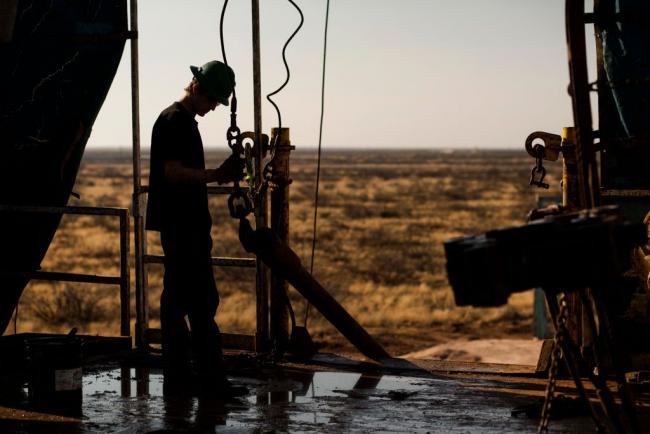(Bloomberg) -- Oil short-selling is surging as hedge funds brace for a catastrophic viral outbreak from China that’s curbing travel and threatening global demand for jet fuel and other petroleum products.
They increased wagers against West Texas Intermediate crude by 52% in the week ended Jan. 28, the biggest spike since August 2018, data released Friday show. Panic over the virus pushed crude down 16% in January for the worst start of the year in almost three decades, with WTI futures nearing $51 a barrel after starting 2020 above $61.
“The market was expecting a weak-demand scenario even before the virus, and it’s not only unwinding that but also contending with a potential black swan situation,” said Bob Iaccino, market strategist at Path Trading Partners. “We’ve got some lows to break, and if we don’t stabilize here, we could see WTI go down to $47.75.”
With around 10,000 people infected, the World Health Organization has declared the coronavirus outbreak a global health emergency. U.S. airlines halted flights to China, Russia closed border crossings, and Chinese authorities locked down cities and shut at least two-thirds of the country’s economy.
The Organization of Petroleum Exporting Countries and allied producers are considering how to respond to a plunge in oil prices, with Russia signaling for the first time it was open to Saudi Arabia’s push for an emergency meeting.
Money managers’ WTI net-long position, or the difference between bullish and bearish bets, plunged 24% to 175,700 contracts, according to data released Friday by the U.S. Commodity Futures Trading Commission. Long-only wagers fell 11%.
